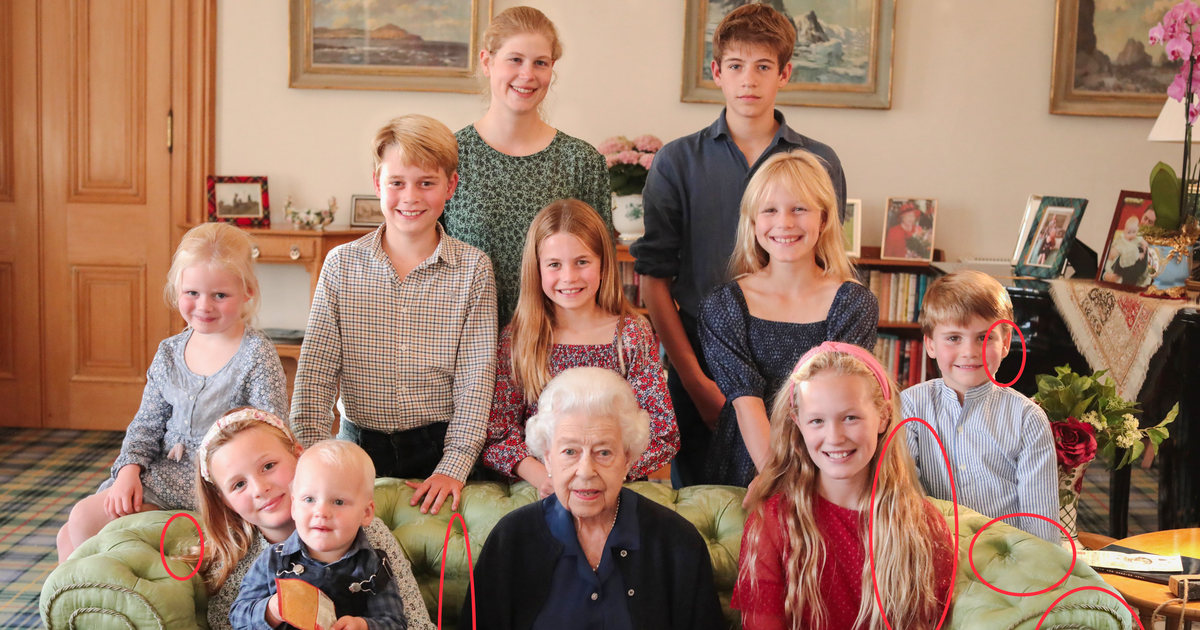Her elegant new collection, “After the Funeral,” showcases the gifts readers will recognize from her earlier books. (Seven of the 12 stories originally appeared in the New Yorker.) The quest for an authentic self is doomed; families are distant, often duplicitous; exhausted marriages must contend with the “infinite complication of children” — these themes have always formed the core of Hadley’s fiction. But she sounds a new note here, a dirge for an era buffeted by pandemics and other threats. Is empathy possible? Are we beyond redemption?
Her characters dance around their desires. A divorcée bumps into her ex-husband on the London tube and invites him back to her flat, hoping to rekindle their passion, but he’s happily settled. A teenager on holiday with her helicopter parents in Florence rebels against their conformity, “not a sexual awakening, or not exactly — rather an intellectual or imaginative one.” Fortysomething Heloise enrolls her child in a Suzuki violin class, only to discover that the mysterious instructor holds the key to her own past.
The stories in “After the Funeral” are particularly perceptive about sibling frictions. In “The Bunty Club,” a trio of stressed sisters hunker down in a coastal town as their elderly mother ebbs in a fatal illness. The women swap off bedside duties and nurse grudges. When they spar over the presence of a handsome gardener, the youngest, Serena, snaps and storms out. She’s emblematic of Hadley’s indomitable women: “She sat solitary at an outdoor table at a cafe on the main street with a black coffee, long legs crossed, absorbed in lighting her cigarette and smoking it.” She “had an aura that was just as significant as if she were some celebrity, washed up improbably at the seaside, having shaken off her entourage of admirers or detractors, thirsting to be left alone with her luxuriant inward life.”
Hadley denies her men that inward life; they’re mostly vain and incompetent. In “My Mother’s Wedding,” a bumbling groom unwittingly seduces his bride’s adolescent daughters. In “Old Friends,” an engineer carries on a torrid affair with a school chum’s spouse, deluding himself into thinking he has a chance. The affecting “Funny Little Snake” portrays a stepmother tending to a child neglected by her parents.
The title story is a marvel of economy, as two girls grapple with the sudden death of their aloof father. Hadley’s descriptions are exquisite; she depicts the sisters bunking together, one “sprawled on her back with her pyjama top twisted under her armpits and her dark curls sweaty, breathing noisily, the fine red vee of her lip drawn up, showing the little baby teeth like seed pearls.” Hadley often lops off her tales in mid-stride: The final sentence lands with an abrupt thud, pushing readers into the negative space of unwritten scenes. She’s coaxing us to imagine what happens next, to collaborate. This technique isn’t always successful — in “Mia,” for instance, it makes the story feel merely stunted, a workshop exercise.
No matter: Hadley saves the best for last. “Coda” is her covid lockdown piece, told in first person by Diane, the middle-aged daughter of nonagenarian Margot, who is physically feeble but mentally sharp. The women spend their isolation with tea and television, bits of books and banter. Their routines come unglued when Diane observes Teresa, a Maltese home-care aide next door, sparking a quasi-romantic obsession. Diane is a conniving, unreliable narrator, scheming up ways to meet Teresa.
“Coda” brims with Hadley’s wry wit and clear-eyed skepticism. Amid the quarantine there’s a hint of hope, though, a glimpse of a world reviving itself. From her window, Diane looks onto a cherry tree in bloom: “In the spring, when lockdown was new and the weather, in consolation or mockery, was so uncannily beautiful week after week, this tree had blazed with its great burden of blossom, the white flowers’ crimson hearts leaking pink stain into the frail material of the petals, an incongruous poem in a prosaic street.”
An incongruous poem in a prosaic street: There’s no more succinct summary of Hadley’s fiction. She embraces the vexations of an ordinary afternoon, the disappointments of the here and now. Whether we’re entitled to those disappointments is a separate issue: Hadley withholds judgment, but doesn’t dismiss morality as just another human invention, a blip in millions of years of evolution, one that could vanish in the blink of an eye. Morality — which is to say, our obligations to one another and our communities — may be imperfect, even futile, but we make do. “After the Funeral” is a revelation for aficionados of the form, as vibrant and knowing as the best of Hadley’s celebrated career.
Hamilton Cain is a book critic and the author of “This Boy’s Faith: Notes from a Southern Baptist Upbringing.” He lives in Brooklyn.
A note to our readers
We are a participant in the Amazon Services LLC Associates Program,
an affiliate advertising program designed to provide a means for us to earn fees by linking
to Amazon.com and affiliated sites.







